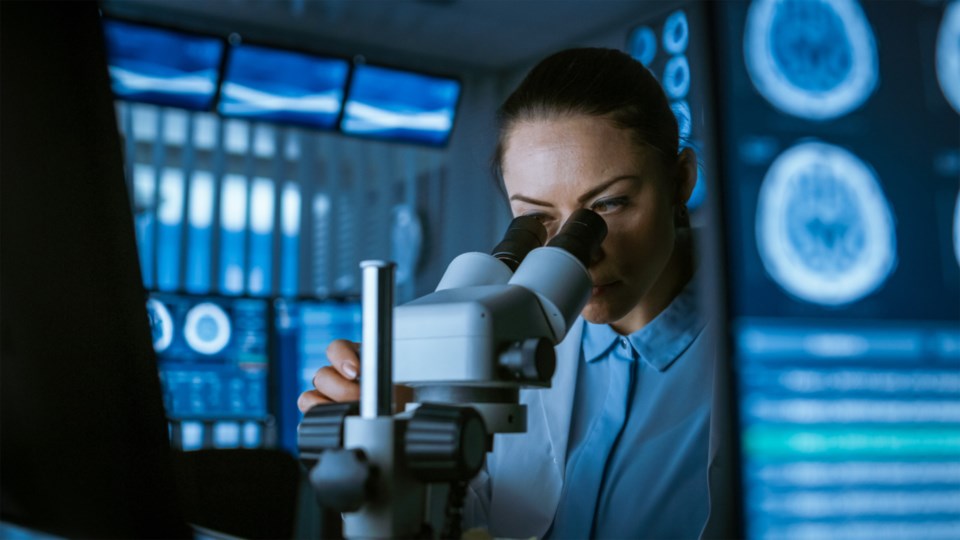NORDIK Institute has announced its program Aki Kikinomakaywin (Learning on the Land) is returning for a second year.
The program is Indigenous-led and is grounded in Anishinaabe teachings, stories, and ceremony, organizers said in a news release.
Through weaving Indigenous and Western ways of knowing, Aki Kikinomakaywin offers hands-on and land-based science, technology, engineering, arts, and math (STEAM) training for Indigenous youth.
In 2022, Aki Kikinomakaywin brought together 30 youth from 14 First Nation communities across Northwestern and Northeastern Ontario.
Organizers say they are excited to offer programming again this summer thanks to the continued support from partners and funders like NSERC PromoScience and Laidlaw Indigenous Youth and Community Futures Fund Grant.
Aki Kikinomakaywin will run for one week from July 16-22 at Lakehead University in Thunder Bay.
It is free to Indigenous youth from across Northwestern and Northeastern Ontario ages 14 to 16 and covers all costs for accommodation, transportation, and food.
The goal for future years is to run programs in both Thunder Bay and Sault Ste Marie, NORDIK (Northern Ontario Research, Development, Ideas and Knowledge) said in a news release.
Youth participating in the program engage with local elders and knowledge keepers to learn about a wide variety of topics while connecting to land, water, spirit, and self.
Water teachings and governance will be a major focus of the week, including conducting an Indigenous stream assessment led by partners from Water First and participating in a water walk ceremony led by local water walkers. The fun-filled and educational week will be rooted in cultural teachings, camaraderie and confidence building in university and college settings.
“We all come from water, we are made of water. Water is life. Without water, there is no life! Our original instructions are to protect and care for both the water and our Mother Earth for this generation and future generations to come,” said Sheila DeCorte, elder advisor, water walker and member of Fort William First Nation.
This program is developed and led by Lydia Johnson, the project lead; Clifford Mushquash, the mental wellness lead; and Haley MacLeod, the project supervisor, alongside elder advisors and knowledge keepers Sheila DeCorte (Fort William First Nation) and Sharon Manitowabi (Wikwemikong First Nation).
Aki Kikinomakaywin is also supported by an Indigenous advisory group led by Marnie Yourchuk, education program manager at Mamaweswen, the North Shore Tribal Council; Lisa Harris, coordinator of the Niijii Indigenous Mentorship program at Lakehead University; Mary Wabano-McKay, vice-president Nyaagaaniid, Anishinabe Initiatives, Equity and Student Success at Algoma University; Carolyn Hepburn, dean of Indigenous Studies and Academic Upgrading at Sault College; and Amanda Misnakoshkang, geomatics intern at Four Rivers Matawa Environmental Services Group.
Dr. Gayle Broad, professor emerita at Algoma University and research associate at NORDIK Institute, has had an integral role in developing the program.
Aki Kikinomakaywin is also fortunate to be partnering with Water First and Let’s Talk Science to provide engaging water-focused and hands-on Western science activities.
“I feel honoured to get to play a part in the Aki Kikinomakaywin Program," said Lydia Johnson, project lead. "As a young person, opportunities to learn about how Indigenous and Western ways of knowing could be used together were not accessible to me. Being able to help provide that opportunity for Indigenous youth in Northern Ontario is very special."
“What I really enjoy about the camp is the opportunity to learn science from both Western and Indigenous ways of knowing by doing," said Clifford Mushquash, mental wellness lead. "Having spent a lot of time in academia while relearning and rediscovering my Indigenous identity and the knowledge our culture has to offer, I see this opportunity as invaluable for those who participate. That we can offer such an experience to our youth to learn about themselves and science, and motivate them to consider their future learning pathways is incredibly exciting,”
Applications and additional information are available on the program’s website at www.akikikinomakaywin.com.
